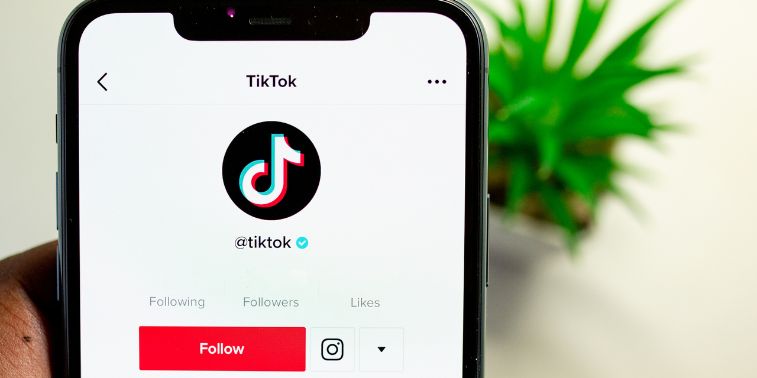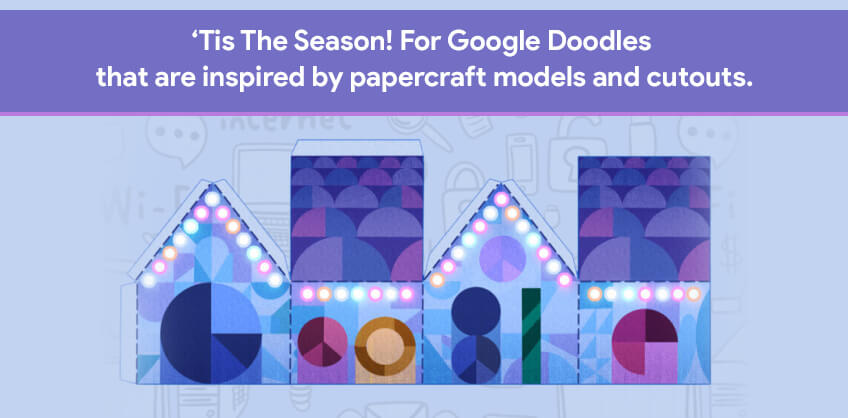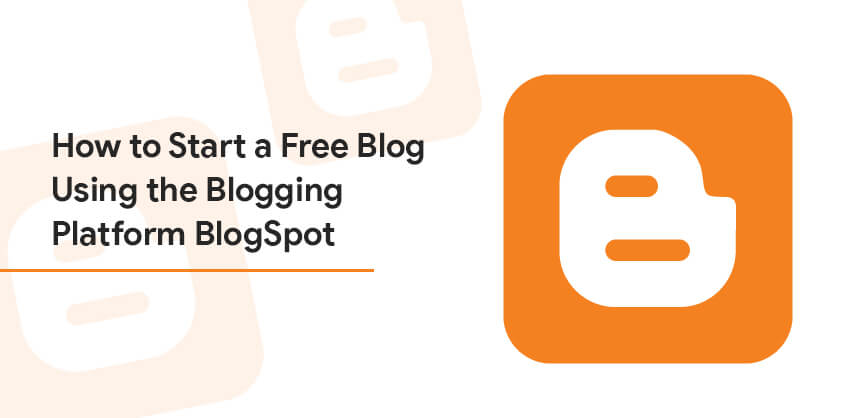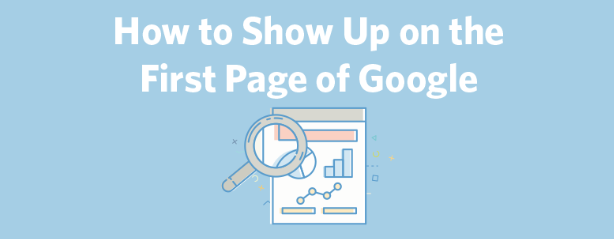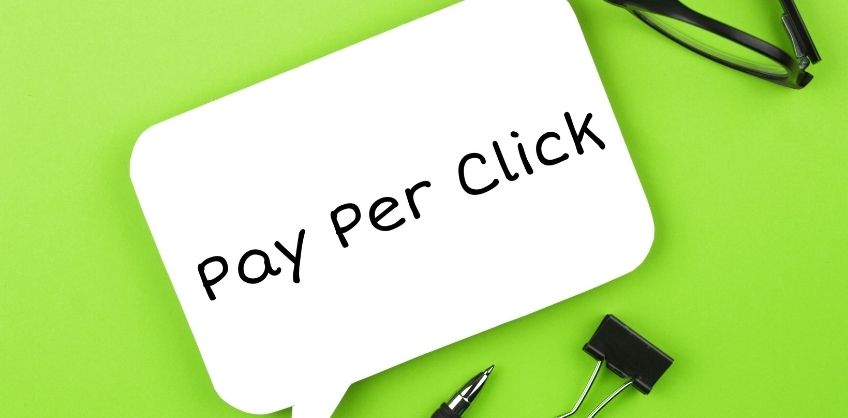February 25, 2022
SEO Content Marketing Landing Page Search Engine Optimization
The SEO title tag is the primary element you can provide to hike up your rankings. Learn how to write and optimize the perfect page titles for SEO.
You don’t need to be a good writer or the best author. As a matter of fact, you just need an SEO title tag that can define the basic essence of your article and can even withstand the growing competition for the ranking of the website.
SEO title tags are tags applied in the header or in the title of the web page to help google search for the related content. These tags are formed using several SEO techniques to draw traffic to your webpage/website.
What is SEO Title Tag
An SEO title tag is the head title that is presented while you search for a website or webpage on a search engine results page. It is also the heading that appears when you move your mouse pointer over a new tab, in case the page related to that tab is not opened in the browser.
What is a Website Title
A website title is the title tag that shows up on the search engine results page when you search for a website.
Typically, when you click on it, a website title tag will direct you to the website homepage or primary landing page. A website title tag always includes a brief description of the basic intent of the website.
Is Title Tag Length A Ranking Factor
The ideal length of the title tag needs to be the same as what an individual would prefer while writing a heading. This needs to fit to describe what exactly the user/clients need to search for.
As per Google’s title tags best practises guidelines, there are no pre defined appropriate title lengths. But many renowned title optimization in SEO websites prefer an average length of 55 to 70 characters. As it supports the search engine optimization title tag during the indexing and crawling process.
Read More: For creating an SEO-friendly logo for your website, visit 10seos.com.
How To Optimize the Title
To rank the content, you require an ideal SEO strategy. To start with this, you need to start with the alteration of the Title tags. In the further article, title tag optimization is discussed in detail.
The title tag optimization is one of the elements that we focus on while modifying pages and content. The only modification in the title tag will not head to many ranking results. Still, applying it to the related pages will help the page to rank on the top of the search results.
On the other hand, Search Engine Optimized titles will impact and focus on the title tags. We also need to ensure the strategy to draw traffic to the website.
The search engines use our title tag and search for the related content with the search keywords. It appears as the blue hyperlink on the search results, and the tag can affect the search result of the website.
Read More: What is the importance of title tags in SEO?
Difference Between A Title Tag And An H1 Tag
An H1 is the headline for an article, blog post, guide, or another piece of content. While the title tag will appear on a Search Engine Result Page.
Once a user clicks on the title tag, they will navigate to the page where the H1 will match with the title tag.
Best Practices For Writing SEO Page Titles
1. Avoid Long-Tail Keywords:
A long-tail keyword is an extended keyword associated with your primary keywords. The group of long-tail keywords is attached to the active primary keywords. Unlike shorter keywords, these keywords are not popular, but there are many long-tails that are linked around primary keywords.
The increase in the length of your H1 tag will give you the chance to rank for extra keywords and long-tail keywords linked to your topic and its primary keywords.
2. Apply The Ideal Keywords In Your SEO Title
The SEO title is associated with keywords because keywords are a primary part of SEO. In other words, keywords are referred to as the primary building blocks of connection. Therefore, you need to ensure the application of the ideal keyword in your SEO title tag, which is of high importance. You can use the SEO title optimization tool for creating an SEO-friendly title for you.
For Title optimization
Firstly, you need to determine the theme of your web page design. You need to fetch out the most search engine optimized title keywords people are searching for related to that theme. Out of these keywords, there are some words with comparatively high search volume and relevance to your theme. Now, these are the main keywords you should apply to your title tag.
This step is highly important while creating linkable content for your website. Apply keywords with respectable search volume and broad relevance to your niche. This will help your content to rank up on search engines. When your content is ranked on the search engine, then it will be more visible. Hence, there is a high possibility to earn traffic and serve as a good reference point on the internet.
How to Find the Right Keywords
The easy and natural way to discover the ideal keywords for your title tag is by searching the title in a search engine like Google.
After hitting enter, you will get the best competitors for a keyword who have applied keywords in the beginning or in title tags.
3. Use The Ideal Length Of The Meta Title
A search engine like Google displays titles based on length. Your Meta title tag always appears to be short and sweet. This will help the users as well as the Google to search for the relevant content.
Read More: What are keywords in SEO, and What are the types of Keywords
4. Be Particular About The Topic
Every page of your website should convey a specific intent. You need to ensure that the title is apt and matches well with the theme of the article/blog. Before writing the title of the page, you need to describe it in brief.
5. Avoid Redundancy Or Keywords Stuffing
Ensure that the page title should avoid variations of similar keywords. These kinds of titles convey a bad impression on the user and confuse him in understanding the content of the page.
The content of the website should not be repetitive because the user can lose interest after seeing similar words multiple times.
6. Always Prefer Including Primary Keywords
While writing the perfect title tag, you need to focus on the primary keywords because this will help the search engine to search for related or similar content.
Know more : The Ultimate Guide To Content SEO
7. Compose For The User
In the end, your content should be composed, keeping the user on priority instead of the search engine. The reader’s overall experience is more influential than search engine results.
To Wrap Up:
To conclude this article, we need to focus on the key point that the content present on the website should be reader-oriented. Writing titles can be a difficult task because you need to point out the gist of the article, and must include the primary keywords. Keep these best practices in mind to make an SEO-friendly title for the title and meta tag optimization.

Recent Posts
ARE YOU A LEADING SEO SERVICE PROVIDER?
Get listed in world's largest SEO directory today!
Directory listing counter is continuously increasing, be a part of it to gain the advantages, 10205 Companies are already listed.





















